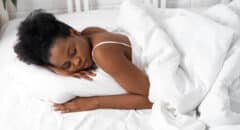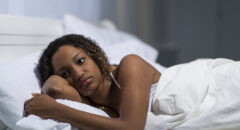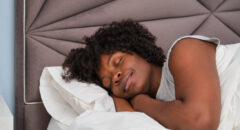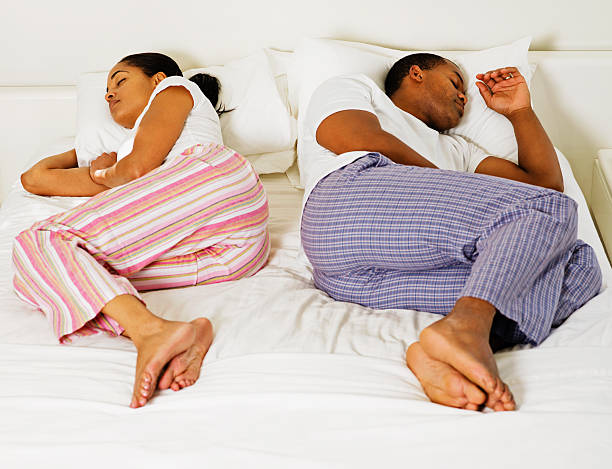
If you drool while sleeping, you're probably familiar with drool stains on your pillow and having to wipe your mouth when you wake up. You also may have noticed that saliva leaks out mostly when you sleep on your sides and rarely when you sleep on your back. That’s because, when you sleep on your back, saliva settles at the back of your throat and eventually drains down.
There are different glands that contribute to the production of saliva. And the amount of saliva your body produces while you’re asleep is quite less than while you’re awake.
In the resting state, the rate of secretion of saliva has been estimated to be 0.3 to 1 mL/1.7 m2/min. You don’t drool when you’re awake because you swallow up the saliva. But when you’re sleeping, you’re relaxed and so are your facial muscles. Hence, whatever saliva the glands produce gets accumulated in your mouth, which then leaks out of the mouth because you don’t swallow it.
Coming to the clinical indications, drooling could be associated with the following seven mild to severe medical complications.
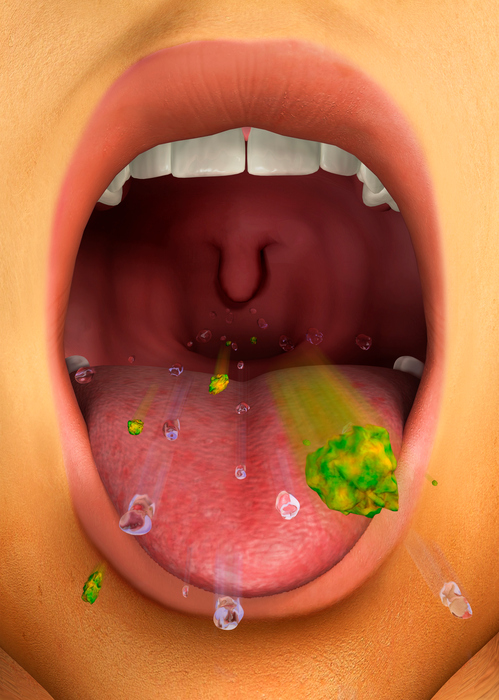 1. Improper Sleeping Position
1. Improper Sleeping Position
When you sleep on your side or your stomach, your mouth often opens as you relax, and saliva can dribble out. But when you sleep on your back, you naturally swallow during sleep, which prevents drooling.
2. Allergies
Allergic rhinitis and certain food allergies cause over-production of saliva resulting in drooling. Read about six everyday things that can cause allergies.
3. Acidity or GERD
Scientists believe that acid reflux episodes cause gastric acid to stimulate the esophagus, as a result, the esophagosalivary reflex gets excited leading to excessive saliva production.
4. Sinus infection
Upper respiratory tract infections are usually associated with breathing and swallowing problems, which cause drooling due to the accumulation of saliva. Also, when your nasal passage is blocked due to flu, you tend to breathe with your mouth, which causes the excess saliva to flow out while sleeping.
5. Tonsillitis
Tonsillitis is the inflammation of glands called tonsils present at the back of your throat. Due to inflammation and swelling the passage becomes narrow, thereby obstructing the drainage of accumulated saliva down the throat.
6. Sleep terrors
Drooling is a known symptom seen in people suffering from sleep terrors. Sleep terrors can be manifested in adults as a result of psychopathological reasons.
They often occur when a person is under severe emotional stress or may be triggered by certain drugs like sedatives, alcohol, or even sleep deprivation.
Sometimes, drooling is also seen in people suffering from other sleep-related disorders like sleepwalking (somnambulism) and somniloquy (sleep talking).
7. Drugs and chemicals
If you’re on certain medications or if you’re taking drugs, then drooling may be an everyday thing for you. Some antidepressants and medications like morphine, pilocarpine (treats dry mouth) cause increased saliva production.



